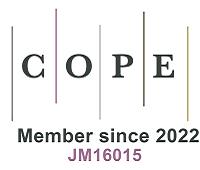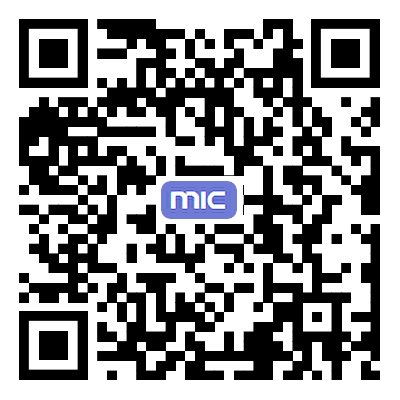Review | Open Access
Lattice softening in thermoelectric materials
Views: 12
Microstructures 2025;5:[Accepted].
Author Information
Article Notes
Cite This Article
Abstract
Lattice softening refers to reducing the lattice stiffness of the material by weakening the binding force between atoms, thereby changing the electron and phonon transport characteristics of the material. The advantage of lattice softening compared to other strategies for optimizing the properties of thermoelectric materials is that it can significantly reduce the lattice thermal conductivity by reducing the sound velocity without significantly affecting the electrical properties of the material. It is not only an effective strategy to improve the performance of thermoelectric materials, but also shows a wide range of application potential in other material fields, such as magnetostrictive materials and intermetallic alloys. However, systematic reviews on the causes, effects, and specific applications of lattice softening in thermoelectric materials are still limited. This review introduces the recent progress of lattice softening in thermoelectric materials, focusing on how to achieve it and its mechanism in optimizing thermoelectric performance. Through mechanical strain engineering, chemical doping, and phase transition strategies to achieve lattice softening, one could lower the phonon speed, reduce the lattice thermal conductivity, and optimize the Seebeck coefficient and conductivity. From this perspective, lattice softening in sustainable energy technologies is explored.
Keywords
Thermoelectric materials, lattice softening, phonon transport, lattice thermal conductivity
Cite This Article
Li C, Zhou Z, Lou Y, Fu L. Lattice softening in thermoelectric materials. Microstructures 2025;5:[Accept]. http://dx.doi.org/10.20517/microstructures.2024.134
Copyright
© The Author(s) 2025. Open Access This article is licensed under a Creative Commons Attribution 4.0 International License (https://creativecommons.org/licenses/by/4.0/), which permits unrestricted use, sharing, adaptation, distribution and reproduction in any medium or format, for any purpose, even commercially, as long as you give appropriate credit to the original author(s) and the source, provide a link to the Creative Commons license, and indicate if changes were made.













